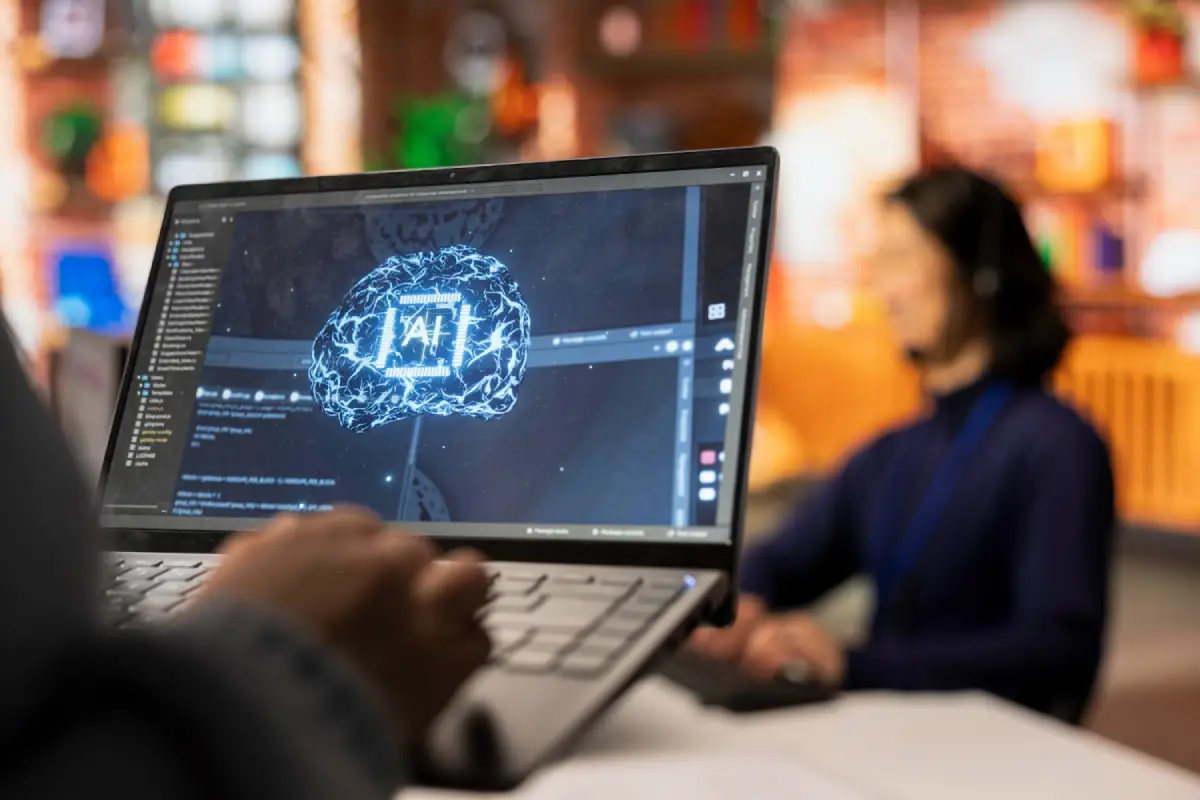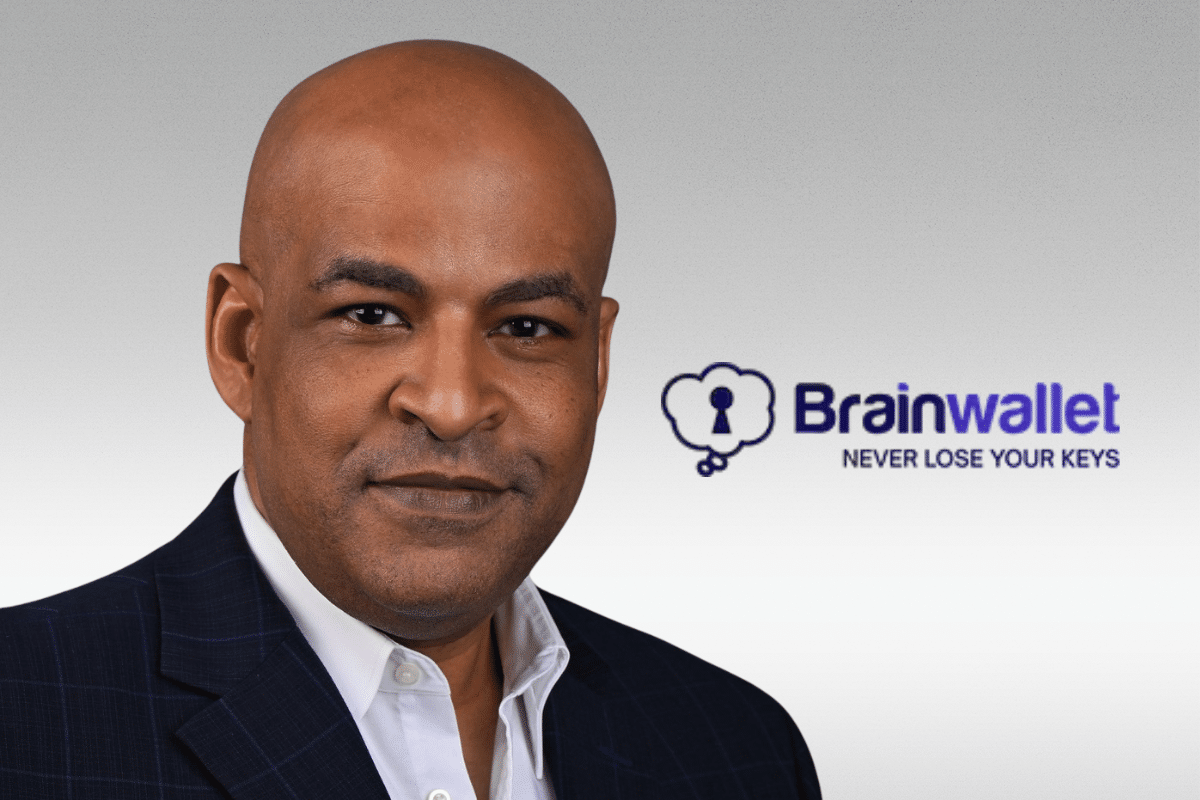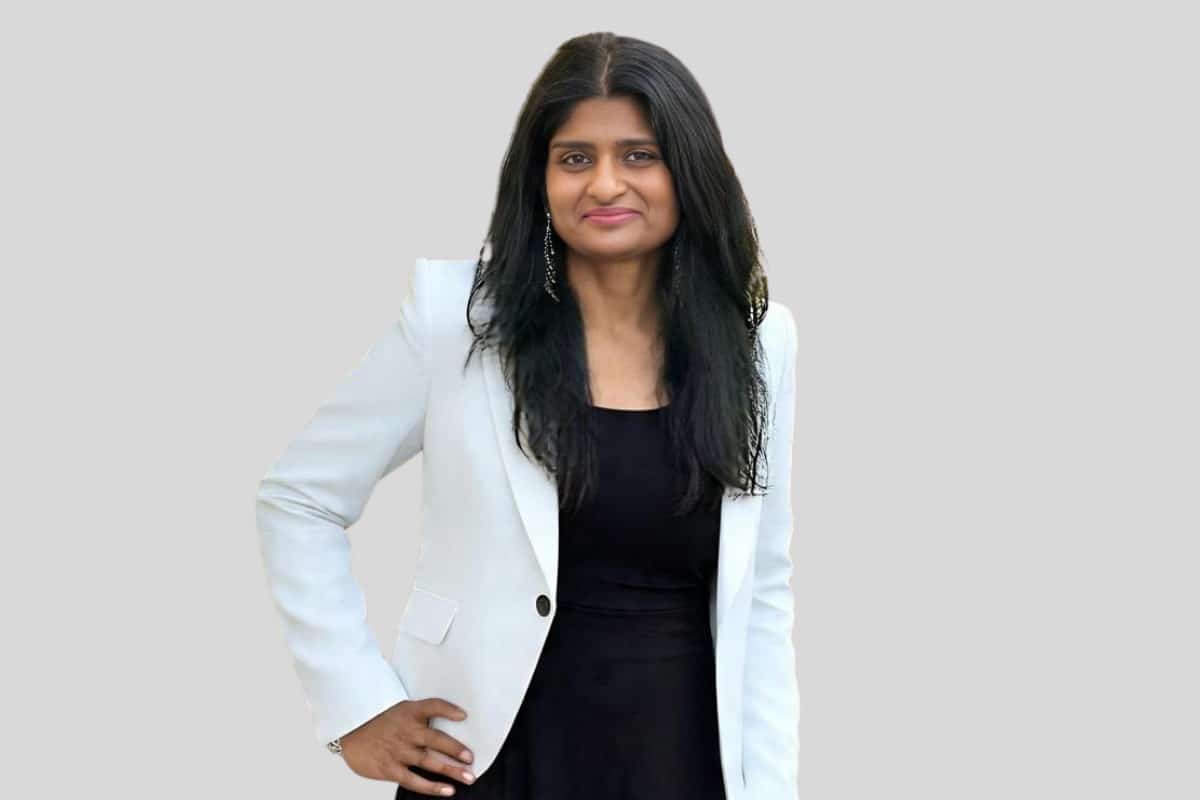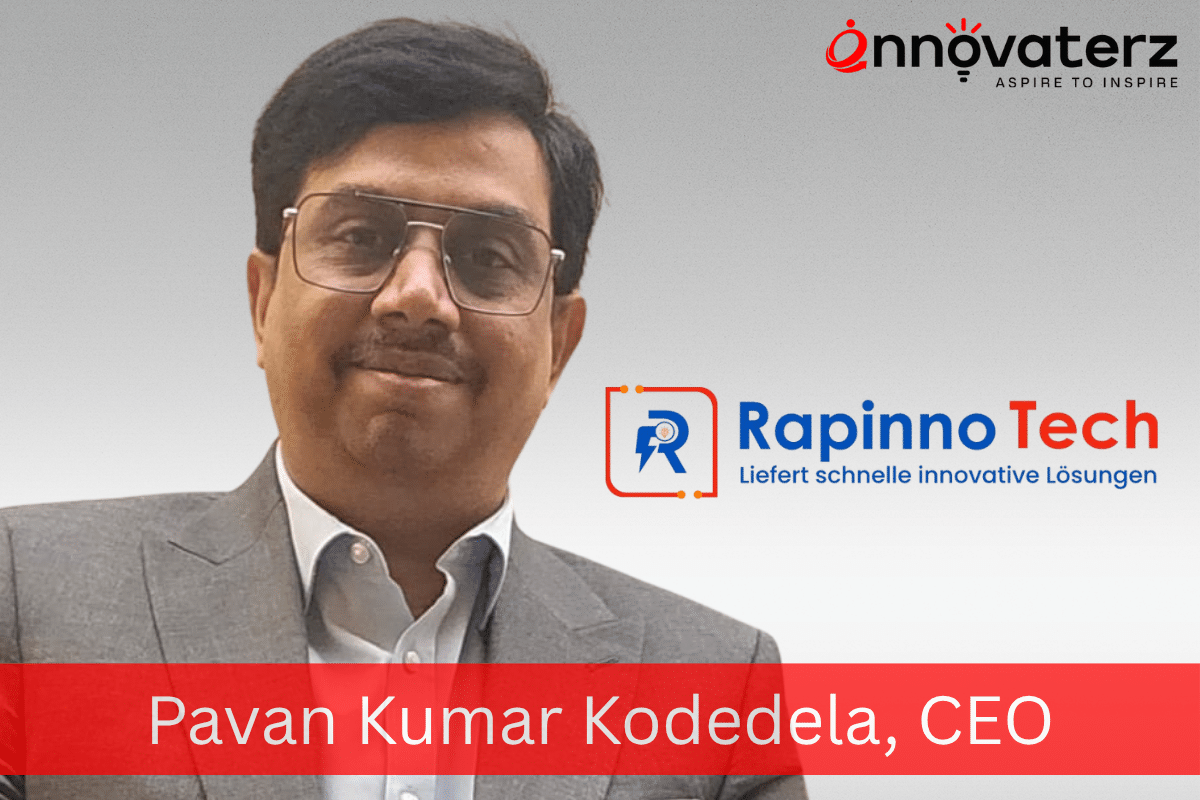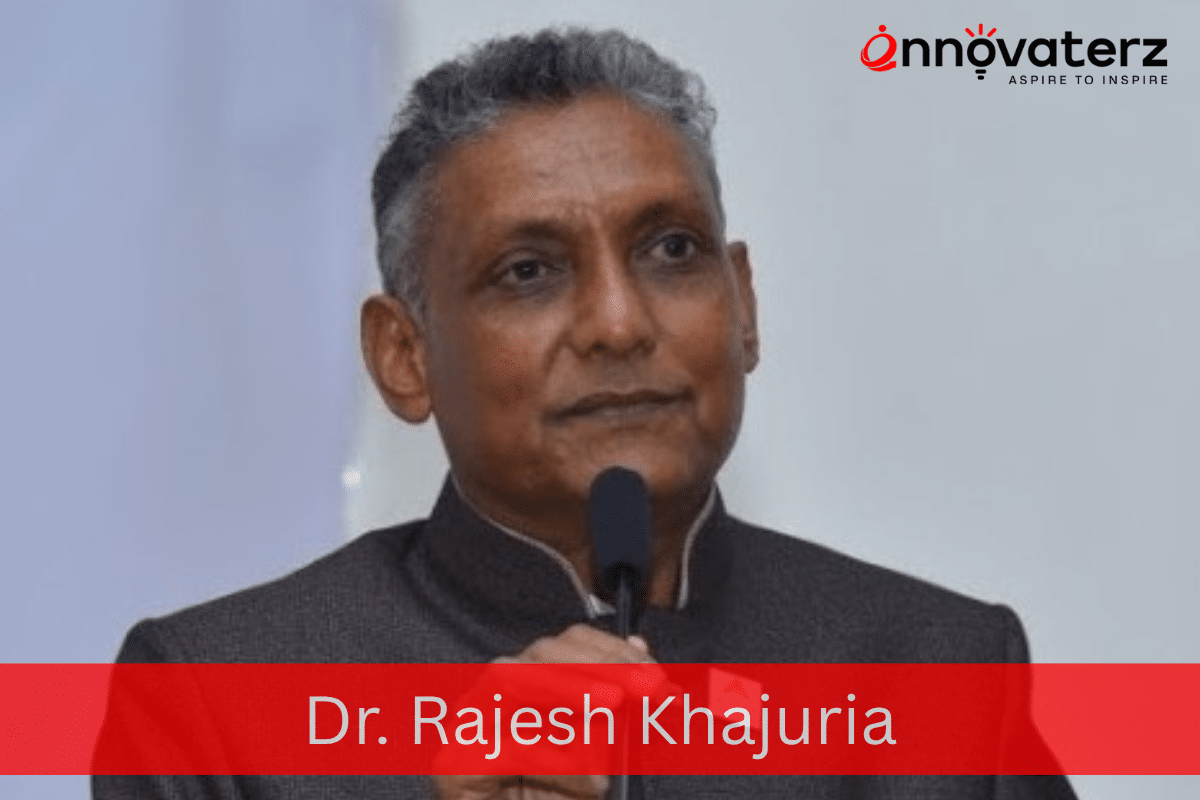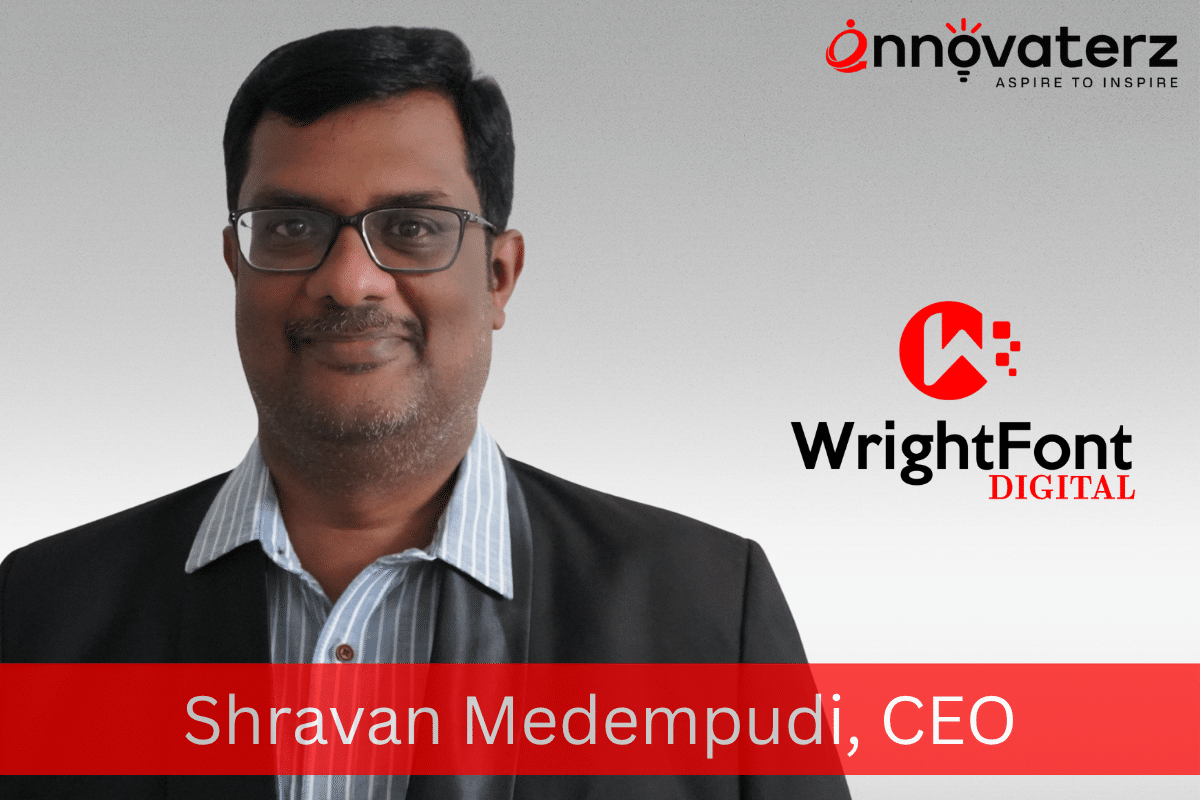DALLAS, TX, UNITED STATES, May 15, 2025 /ennovaterz/ — West Texas—While Abilene and Marfa headline billion-dollar campus announcements, a lesser-known town tucked between solar and wind farms and ranchland is angling to host the region’s next wave of AI-grade infrastructure.
The 82-acre tract, marketed by Texas Data Center Land Broker Roxanne Marquis (8888cre.com), already has 50 MW transmission and 10 MW distribution load studies in motion, with a 140 MW battery-energy-storage system (BESS) queued for energization by March 2028—a rare status on ERCOT’s famously competitive grid.
This is currently the only site in West Texas’s ERCOT region that offers both 50 MW in active load studies and a 140 MW BESS tracking March 2028 energization. Once a letter of intent is accepted, the queue position transfers—and the opportunity disappears.
Since NVIDIA’s Jensen Huang declared that “data centers are becoming AI factories,” hyperscalers have scrambled for power-rich land. Microsoft Azure is scattering cloud regions faster than ever. Google Cloud just green-lit another sustainable build. AWS CEO Andy Jassy approved \$13 billion in new U.S. capacity. Meta is pivoting to GPU-dense AI clusters after Sam Altman’s OpenAI forecasts sent compute demand soaring.
All five giants are chasing the same essentials: huge megawatts, short queues, and room for GPU and AI-accelerator innovation, liquid and immersion cooling, and generative-AI LLM farms.
This West Texas site offers fast-track power access. The substation is adjacent to the property, and the BESS enables developers to bypass multi-year interconnection delays that are strangling more prominent hubs. Battery storage also enhances grid resilience and creates an ideal testing ground for quantum computing prototypes that require ultra-stable power conditions.
Consultants estimate that first-phase buildouts are in the millions, significantly diversifying a county economy still rooted in cattle and cotton. Cooler nighttime temperatures, low seismic risk, and favorable zoning reduce both operational expenses and regulatory red tape compared to flashier West Texas neighbors.
Satya Nadella has described Azure as “the world’s computer,” with his team actively scouting secondary metros to accommodate spillover demand. Sundar Pichai recently committed Google to 24/7 carbon-free energy for all future data centers, aligning perfectly with the BESS-backed solar footprint surrounding Santa Anna. AWS’s Jassy told investors they will “build where customers need us”—which increasingly means moving away from grid bottlenecks.
Texas is experiencing a wave of large-scale data center development driven by demand for AI, digital finance, and decentralized computing infrastructure.



